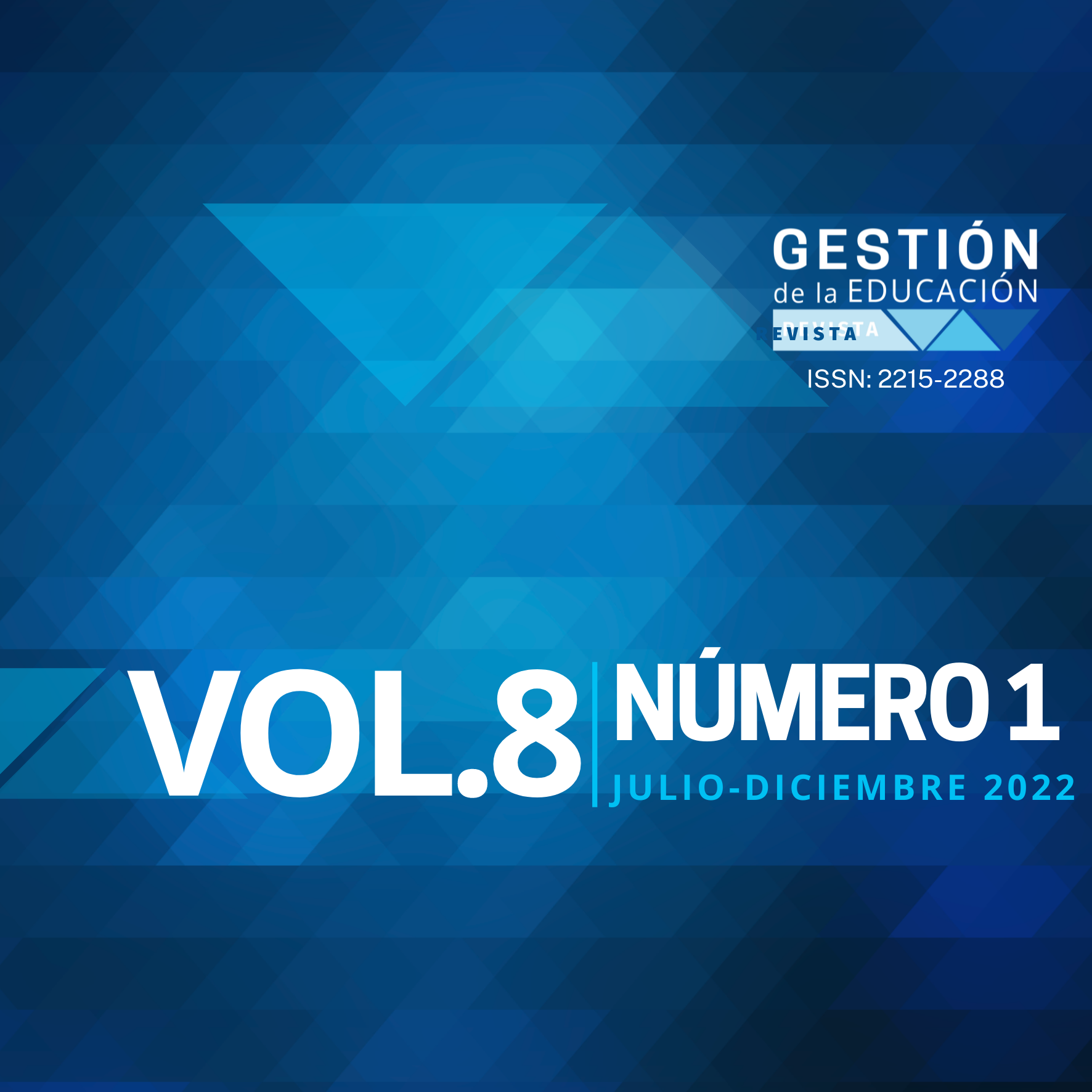Abstract
This text aims to generate knowledge regarding an unexplored topic in Uruguay: the predominant school supervision model. Uruguay is a unitary country in which the State has mainly preserved a type of Weberian administration. In the past the country achieved an “advanced educational development”, though nowadays it shows worrying indicators. Despite being strong actors in the system, supervisors have played a weak role in educational change.
The paper presents a descriptive and qualitative case study carried on through documentary analysis. It resorted to two scarcely exploited primary sources: first, institutional norms, reports and resolutions issued by the educational government over the last decades; secondly, the protocols applied by the Inspectors in their everyday work.
Based on the main theoretical models of school supervision, the document characterizes the Uruguayan case regarding the organization, the role and functions of supervision, its monitoring tools, and the responsibility of teachers and schools. The findings indicate that the supervision model corresponds to the “traditional hierarchical” type, with similarities with the French case. The inspectors’ function is clearly regulated and its role prioritizes control, supervision and teacher evaluation. Unlike countries like Finland, the Inspection does not resort to self-evaluation of teachers and schools. The evaluation of the system as a whole is external and standardized tests are periodically applied but their results are not public and do not affect schools (like in United Kingdom or Finland).



